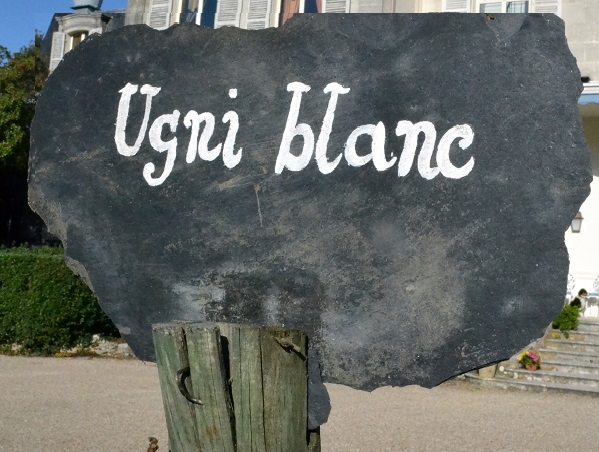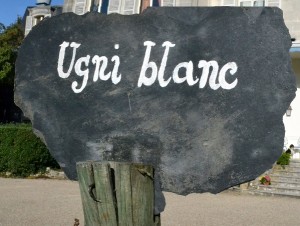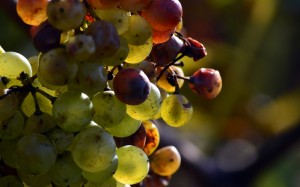In the realm of fine spirits, few are as revered and celebrated as Cognac. This luxurious French brandy has captivated the palates of connoisseurs and casual enthusiasts alike. But what is the secret behind its distinctive taste and aroma? The answer lies in the humble Ugni Blanc grape, which forms the backbone of this exquisite drink. Let’s delve into the fascinating history and process of Cognac production, and the pivotal role Ugni Blanc grapes play in creating this timeless classic.
Cognac is made mostly from grapes called ugni blanc. Ugni blanc gives us acidic wine that is low in alcohol – between 7.5 and 10.5%. Often other varieties are used namely folle blanche and colombard grapes. But about 98% of cognac is ugni blanc.
Ugni Blanc grapes have been cultivated in the Cognac region of France since the 17th century. Originally from Italy, where they are known as Trebbiano, these grapes were introduced to the region by Dutch traders who sought a more neutral-tasting grape to produce the base wine for distillation. The high acidity and low alcohol content of Ugni Blanc grapes made them ideal for Cognac production, as they allowed for a more refined and balanced flavor profile.
The Cognac-Making Process
The process of making Cognac begins with the harvest of Ugni Blanc grapes, which are then pressed and fermented into a low-alcohol wine. This wine is then distilled twice in copper pot stills, a method that has remained largely unchanged for centuries. The resulting eau-de-vie is aged in oak barrels for a minimum of two years, during which time it develops its rich, amber color and complex flavors. The final blend, or “marriage,” of various eaux-de-vie is what gives Cognac its unique character and taste.
The Importance of Terroir in Cognac Production
Terroir, the combination of soil, climate, and other environmental factors, plays a crucial role in the quality and character of Ugni Blanc grapes. The chalky soils of the Cognac region, coupled with its maritime climate, create the ideal conditions for growing these grapes. The unique characteristics of each terroir impart subtle differences in flavor and aroma to the final product, making each Cognac house’s offerings truly one-of-a-kind.
The Art of Blending
One of the most important aspects of Cognac production is the art of blending, or “marrying,” different eaux-de-vie to create a harmonious and balanced final product. Master blenders carefully select and combine various eaux-de-vie of different ages and from different terroirs to create a Cognac that embodies the house’s signature style. This delicate and intricate process is what sets Cognac apart from other brandies and is a testament to the skill and expertise of its producers.
The Harvest
From November to December, the grapevine lies dormant. Around March, the vine begins its bud breaking. By mid-May, the first leaves appear. Mid-June marks about 100 days before the harvest. Mid-August is 45 days before the harvest – the grapes are getting bigger. They become translucent and they gorge with sugar. And the harvest starts at the end of September or early October.
Ugni Blanc grapes may not be as well-known as their more glamorous counterparts, but their importance in the world of Cognac cannot be overstated. These humble grapes, with their high acidity and neutral flavor, are the foundation upon which this exquisite spirit is built.
Next time you savor a glass of Cognac, take a moment to appreciate the unsung hero that is the Ugni Blanc grape and the remarkable journey it has taken to reach your glass.



